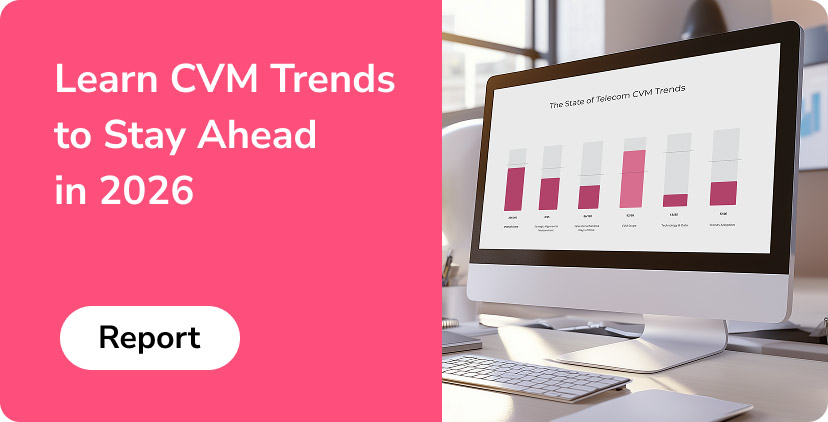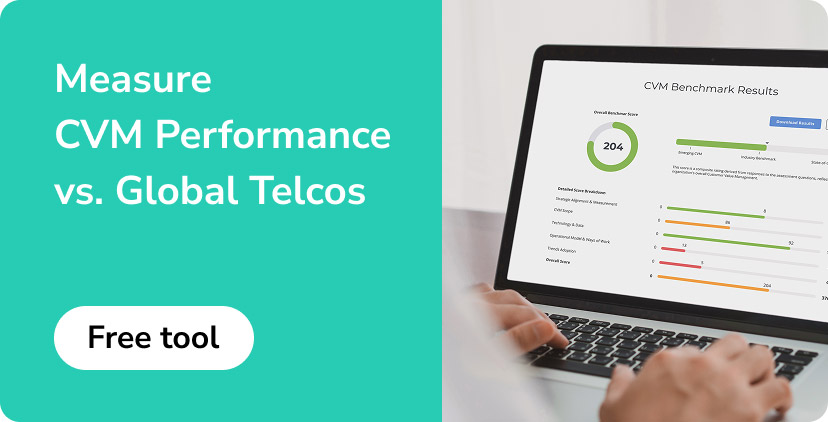Security teams play a critical role in CVM by managing operational security risks and ensuring customer data privacy. Their work is essential for maintaining trust and safeguarding sensitive information, which are both crucial for CVM operations.
Security teams establish protocols that govern how CVM teams access and handle customer data. These measures:
- Influence the operational efficiency of CVM activities
- Ensure compliance with data privacy regulations
- Impact the usability and integration of CVM technologies
For example, security policies may dictate encryption standards or access controls that affect how CVM teams process customer data for segmentation and targeting.
CVM teams work closely with security teams to implement secure practices in all processes. Key collaboration areas include:
- Aligning CVM activities with security policies to ensure compliance
- Securing the handling of customer data to prevent unauthorized access
For example, during the rollout of a new personalization campaign, the CVM team collaborates with the security team to ensure that data flows comply with privacy regulations while maintaining operational efficiency.
CVM teams influence security operations by providing feedback on existing measures and highlighting areas for improvement. Specific contributions include:
- Identifying potential risks associated with customer data handling
- Suggesting improvements to security protocols based on operational needs
As CVM teams aggregate highly sensitive customer data into central repositories, this feedback is crucial for ensuring robust security measures.
Close collaboration between CVM and security teams is essential to managing risks while supporting operational goals. Key handshakes include:
- Secure data handling: Implementing secure procedures for customer segmentation and analysis
- Access controls: Ensuring restricted access to CVM tools and platforms
- Monitoring: Regularly assessing automated CVM processes to prevent adversarial attacks
- Audits: Conducting security audits to evaluate and enhance existing measures
For example, regular reviews of access logs for CVM platforms help detect unauthorized usage and strengthen preventive measures.
A lack of alignment with security teams can lead to delays, inefficiencies, or increased risk of data breaches. Effective collaboration ensures that CVM initiatives are secure, compliant, and efficient.
Previous: Information Technology





